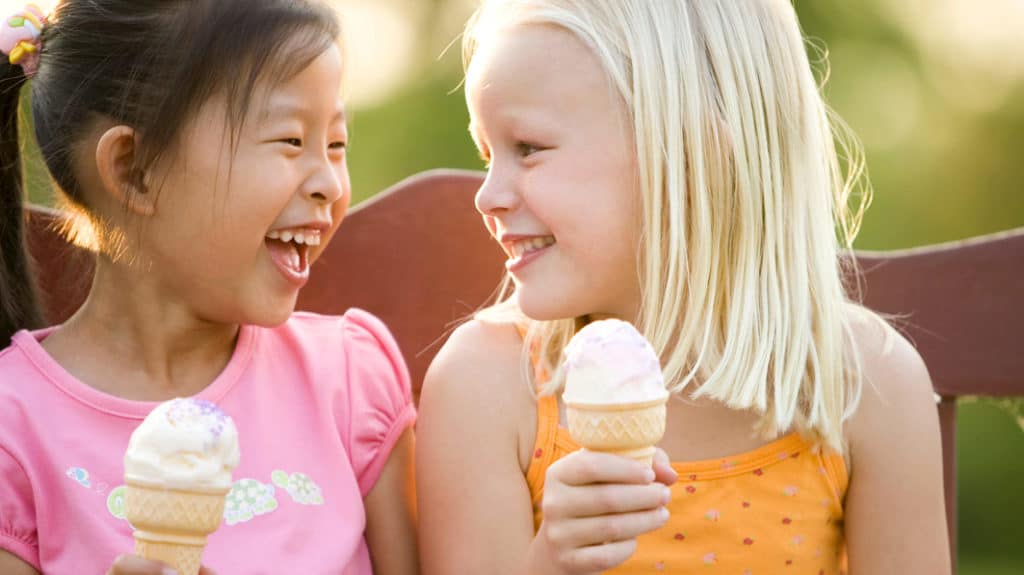
Handling Disrespect
Disrespect is at the root of inappropriate behavior. Two of your kids are fighting, another one won’t pick up his toys, and your teenager just revealed the tattoo she got
May 9, 2016

By understanding your children’s “love style,” you can help your kids develop healthy emotional connections with others.
Children have a natural bent that causes them to relate to others in specific ways. By understanding their relational tendency (what we call their “love style”), parents can help their kids develop healthy emotional connections with others. Here are three ways that children might respond to others:
These children do not readily seek comfort or help when distressed. They may dismiss emotions, minimize needs and value tasks over relationships.
How to respond: Give your kids words for their feelings — “You are grumpy because you are tired.” Then help them recognize their emotions and link the feelings to a need. “I can see you are sad. Maybe a hug could help you with those sad feelings.”
These children are sensitive and aware of the moods of others but not their own feelings or needs. They tend to be overly compliant and let peers dominate them.
How to respond: When you applaud their exploration of the world or let them handle situations, independent of the influence of others, you recognize them as individuals. This builds confidence about who they are as people and helps them better enter relationships with others on equal footing, without always reacting to what others like or dislike.
These children alternate between demanding attention and rejecting it. They wonder if they are a bother to you and if you love them. They are either happy or mad, with little middle ground.
How to respond: Teach them to express feelings underneath the anger and help them understand that they haven’t been rejected when others just need space.